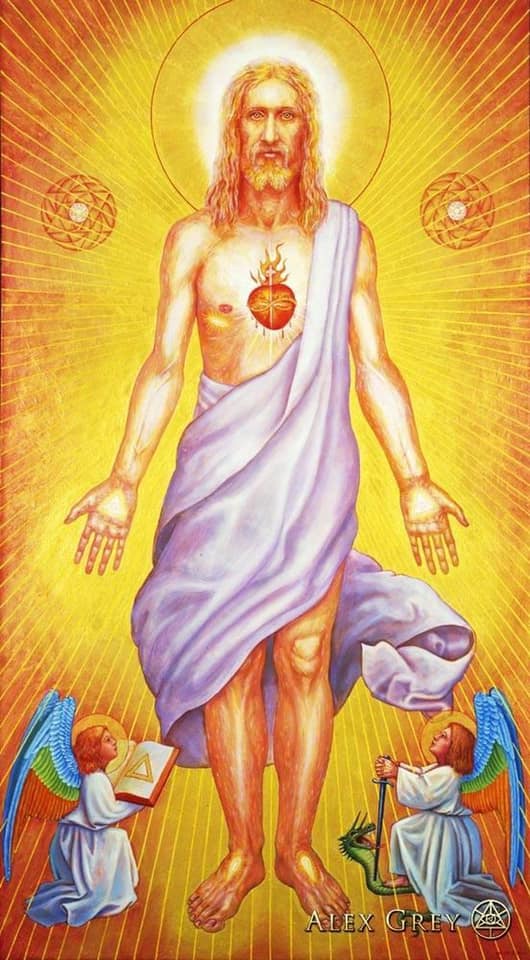Blog
Booker Little Jr. (April 2, 1938 – October 5, 1961) was an American jazz trumpeter and composer. He appeared on many recordings in his short career, both as a sideman and as a leader. Little performed with Max Roach, John Coltrane, and Eric Dolphy and was strongly influenced by Sonny Rollins and Clifford Brown. He died aged 23.
Booker Little Jr. was born in Memphis, Tennessee to Booker, a Pullman porter who was a trombonist, and his wife Ophelia Little, who was a church organist. He also was the brother of Helena, Vivian, and Vera Little (Vera later sung with the London Opera Company). From such a musically inclined family, Little naturally gravitated towards music at a young age. His first instrument was trombone (like his father), but he switched to clarinet at the age of 12. At 14, his band director urged him to switch to trumpet, and he settled on the instrument quickly. In 1952, Little started attending Manassas High School where he continued his development on trumpet and later graduated. Being in Memphis, Little was able to further develop his talent with contemporaries such as Phineas Newborn Jr., George Coleman, Frank Strozier, and his cousin Louis Smith. He was performing with Newborn on a casual basis by his mid-teens.
After graduating, he moved to Chicago, Illinois to continue his studies at the Chicago Conservatory in 1954. At the conservatory, he continued to study trumpet but also incorporated studies in composition, theory, and orchestration with a minor in piano. He would later on graduate with a bachelor’s degree in his main instrument. As a sophomore, Little met Sonny Rollins. For about nine months, they both stayed at the YMCA where Rollins would influence Little greatly by encouraging him to find his own sound versus mimicking other musicians
more...

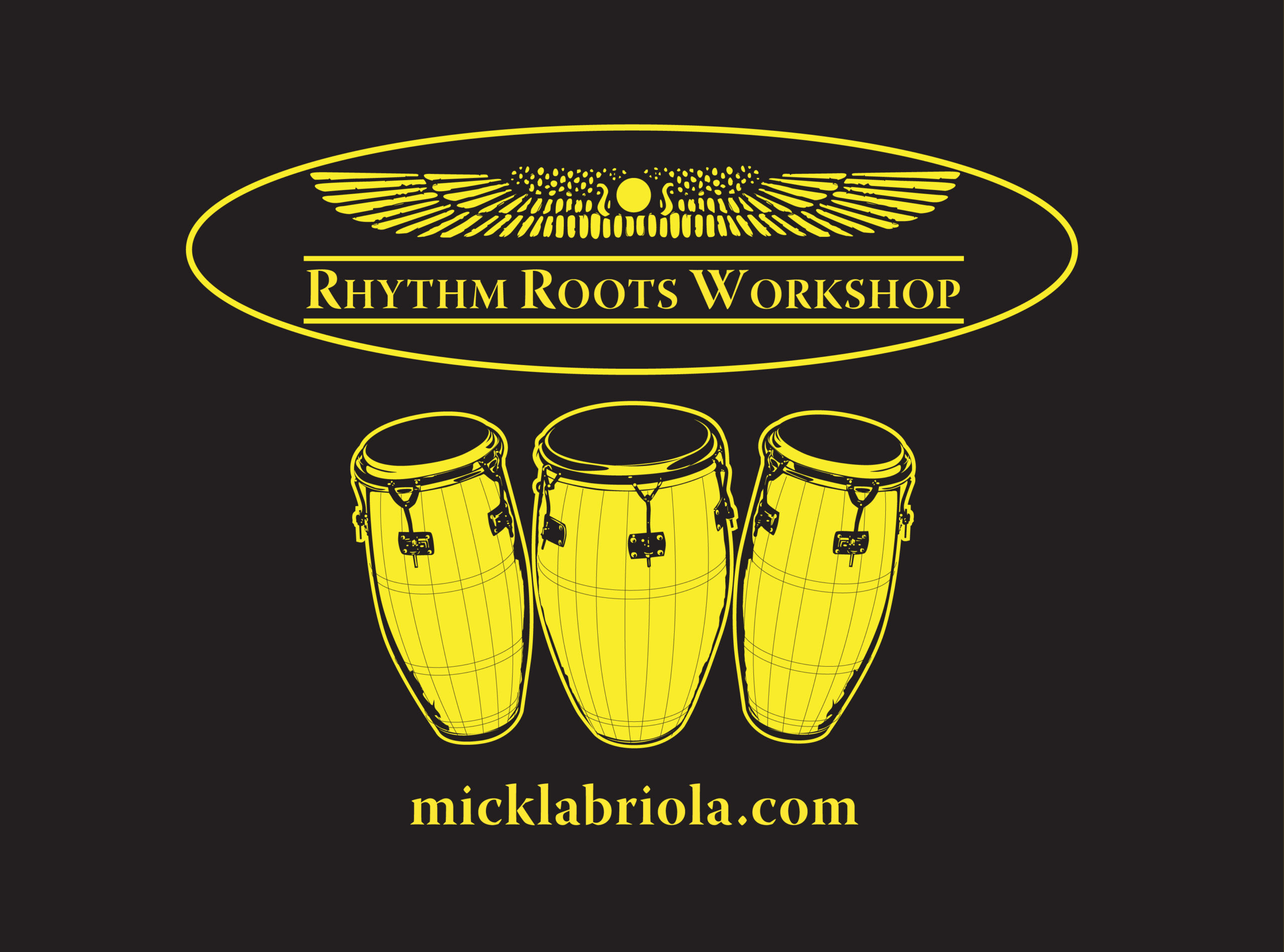
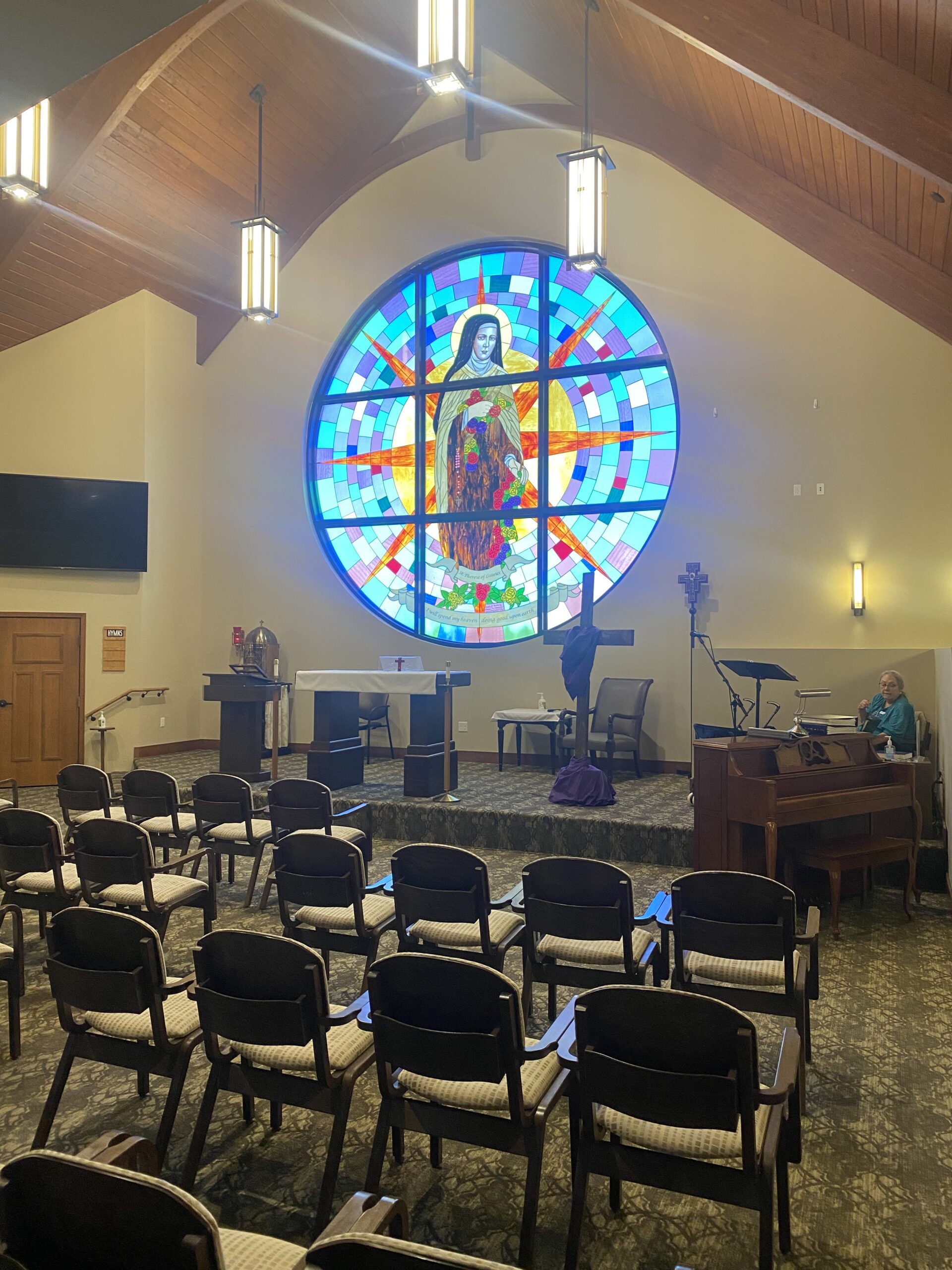
This image features Arp 72, a very selective galaxy group that only includes two interacting galaxies: NGC 5996 (the large spiral galaxy) and NGC 5994 (its smaller companion, in the lower left of the image). Both galaxies lie approximately 160 million light-years from Earth, and their cores are separated from each other by a distance of around 67 thousand light-years. Moreover, the distance between the galaxies at their closest points is even smaller, closer to 40 thousand light-years. Whilst this might still sound vast, in galactic separation terms it is really very cosy! For comparison, the distance between the Milky Way and its nearest independent galactic neighbour Andromeda is around 2.5 million light-years. Alternatively, the distance between the Milky Way and its largest and brightest satellite galaxy, the Large Magellanic Cloud (satellite galaxies are galaxies that are bound in orbit around another galaxy), is about 162 thousand light-years.
Given this, coupled with the fact that NGC 5996 is roughly comparable in size to the Milky Way, it is not surprising that NGC 5996 and NGC 5994 — apparently separated by only 40 thousand light-years or so — are interacting with one another. In fact, the interaction might be what has caused the spiral shape of NGC 5996 to distort and apparently be drawn in the direction of NGC 5994. It also prompted the formation of the very long and faint tail of stars and gas curving away from NGC 5996, up to the top right of the image. This ‘tidal tail’ is a common phenomenon that appears when galaxies get in close together, as can be seen in several Hubble images.
[Image Description: A large spiral galaxy with a smaller neighbouring galaxy. The spiral galaxy is wide and distorted, with colourful dust. Its companion lies close by it at the end of a spiral arm, to the lower left. A long, faint tail of stars reaches up from the right side of the spiral galaxy to the top of the image. Several small, distant galaxies can be seen in the background, as well as one bright star in the foreground.]
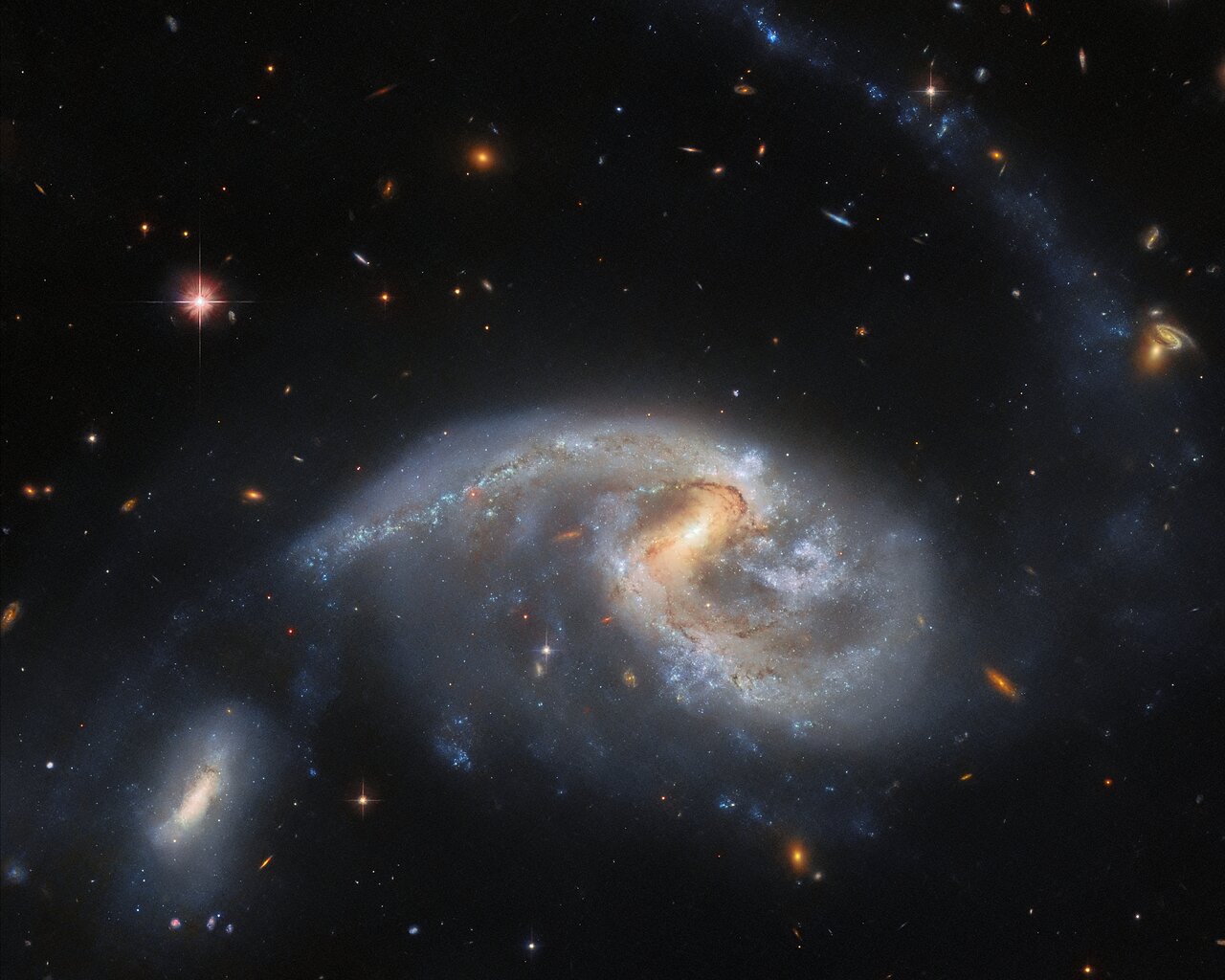
Gilbert Scott-Heron (April 1, 1949 – May 27, 2011 Chicago) was an American jazz poet, singer, musician, and author known for his work as a spoken-word performer in the 1970s and 1980s. His collaborative efforts with musician Brian Jackson fused jazz, blues, and soul with lyrics relative to social and political issues of the time, delivered in both rapping and melismatic vocal styles. He referred to himself as a “bluesologist”,his own term for “a scientist who is concerned with the origin of the blues”. His poem “The Revolution Will Not Be Televised“, delivered over a jazz-soul beat, is considered a major influence on hip hop music.
Scott-Heron’s music, most notably on the albums Pieces of a Man and Winter in America during the early 1970s, influenced and foreshadowed later African-American music genres, including hip hop and neo soul. His recording work received much critical acclaim, especially for “The Revolution Will Not Be Televised”.AllMusic‘s John Bush called him “one of the most important progenitors of rap music“, stating that “his aggressive, no-nonsense street poetry inspired a legion of intelligent rappers while his engaging songwriting skills placed him square in the R&B charts later in his career.”
Scott-Heron remained active until his death, and in 2010 released his first new album in 16 years, entitled I’m New Here. A memoir he had been working on for years up to the time of his death, The Last Holiday, was published posthumously in January 2012. Scott-Heron received a posthumous Grammy Lifetime Achievement Award in 2012. He also is included in the exhibits at the National Museum of African American History and Culture (NMAAHC) that officially opened on September 24, 2016, on the National Mall, and in an NMAAHC publication, Dream a World Anew. In 2021, Scott-Heron was posthumously inducted into the Rock and Roll Hall of Fame, as a recipient of the Early Influence Award.
more...Alberta Hunter (April 1, 1895 – October 17, 1984) was an American jazz and blues singer and songwriter from the early 1920s to the late 1950s. After twenty years of working as a nurse, Hunter resumed her singing career in 1977.
Hunter was born in Memphis, Tennessee, to Laura Peterson, who worked as a maid in a Memphis brothel, and Charles Hunter, a Pullman porter. Hunter said she never knew her father. She attended Grant Elementary School, off Auction Street, which she called Auction School, in Memphis. She attended school until around age 15.
Hunter had a difficult childhood. Her father left when she was a child, and to support the family her mother worked as a servant in a brothel in Memphis, although she married again in 1906. Hunter was not happy with her new family and left for Chicago, Illinois, around the age of 11, in the hopes of becoming a paid singer; she had heard that it paid 10 dollars per week. Instead of finding a job as a singer she had to earn money by working at a boardinghouse that paid six dollars a week as well as room and board. Hunter’s mother left Memphis and moved in with her soon afterwards.
more...Harry Howell Carney (April 1, 1910 – October 8, 1974) was a jazz saxophonist and clarinettist who spent over four decades as a member of the Duke Ellington Orchestra. He played a variety of instruments, but primarily used the baritone saxophone, being a critical influence on the instrument in jazz.
Carney was born on April 1, 1910, in Boston, Massachusetts. In Boston, he grew up close to future bandmate Johnny Hodges. Carney began by playing the piano at age seven, moved to the clarinet at 14, and added the alto saxophone a year later. He first played professionally in clubs in Boston. Early influences on Carney’s playing included Buster Bailey, Sidney Bechet, and Don Murray. Carney also reported that, for his baritone saxophone playing, he “tried to make the upper register sound like Coleman Hawkins and the lower register like Adrian Rollini.
more...Irving Sidney “Duke” Jordan (April 1, 1922 – August 8, 2006) was an American jazz pianist.
Jordan was born in New York and raised in Brooklyn where he attended Boys High School. An imaginative and gifted pianist, Jordan was a regular member of Charlie Parker‘s quintet during 1947–48, which also featured Miles Davis. He participated in Parker’s Dial sessions in late 1947 that produced “Dewey Square”, “Bongo Bop”, “Bird of Paradise”, and the ballad “Embraceable You“. These performances are featured on Charlie Parker on Dial.
Jordan had a long solo career from the mid-1950s onwards, although for a period in the mid-1960s he drove a taxi in New York. After periods accompanying Sonny Stitt and Stan Getz, he performed and recorded in the trio format. His composition, “Jordu“, became a jazz standard when trumpeter Clifford Brown adopted it into his repertoire. Another of his compositions, “No Problem”, has been recorded several times, notably by Art Blakey, under the title “No Hay Problema”, and Chet Baker as well as others.
Beginning in 1978, he lived in Copenhagen, Denmark, having recorded an extensive sequence of albums for the SteepleChase label; his first record date for the company was in 1973. He was reported not to have changed his style over the course of his career.
From 1952 to 1962, he was married to the jazz singer Sheila Jordan. Their union produced a daughter, Tracey J. Jordan. He died in Valby, Copenhagen.
more...NGC 2467, nicknamed the “Skull and Crossbones Nebula“, is a star-forming region whose appearance has occasionally also been likened to that of a colorful mandrill. It includes areas where large clouds of hydrogen gas incubate new stars. This region was one of the areas featured in the book Hubble’s Universe: Greatest Discoveries and Latest Images by Terence Dickinson. 4420ly.
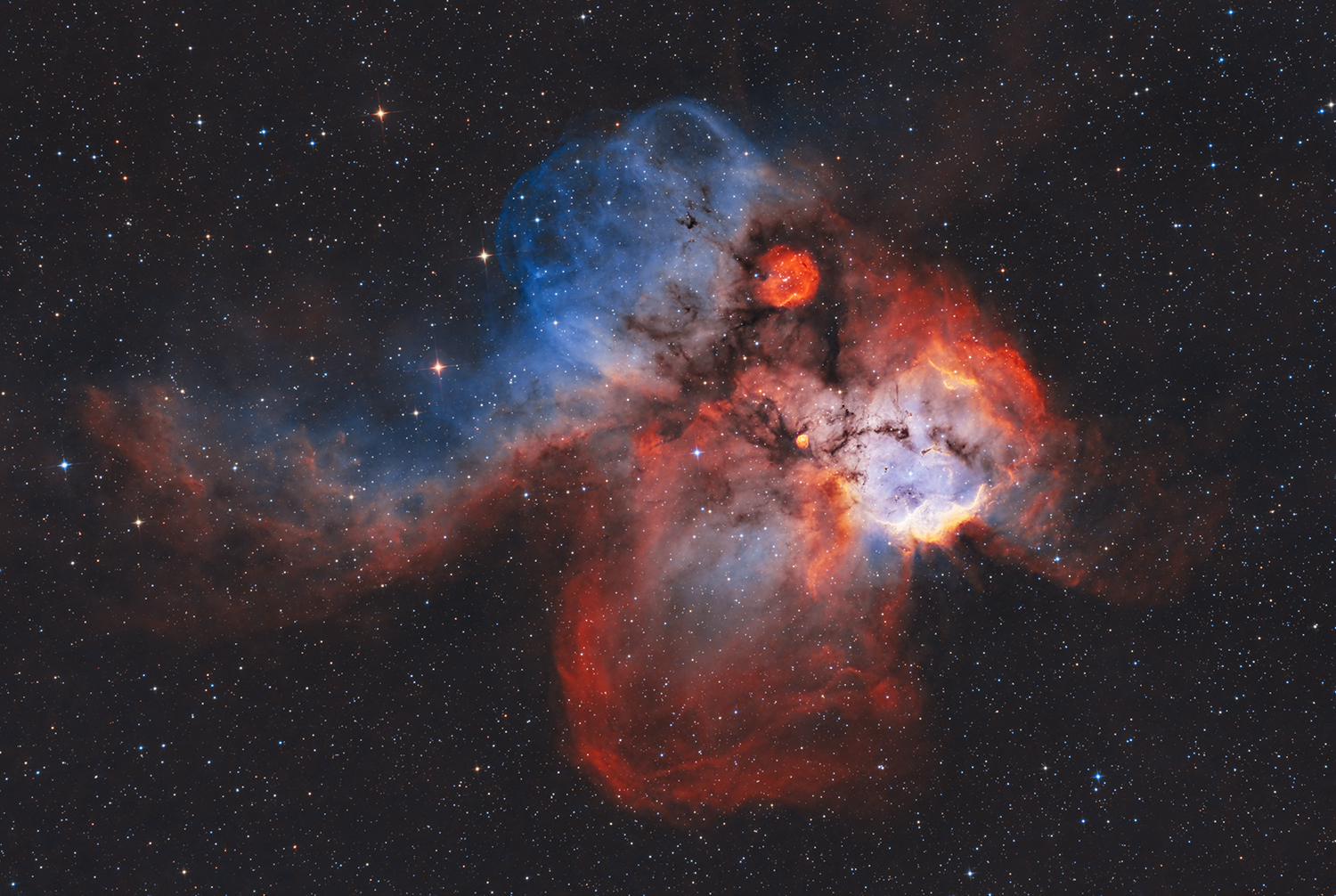
more...
Herb Alpert (born March 31, 1935) is an American trumpeter who led the band Herb Alpert & the Tijuana Brass (sometimes called “Herb Alpert and the TJB”) in the 1960s. During the same decade, he co-founded A&M Records with Jerry Moss. Alpert has recorded 28 albums that have landed on the U.S. Billboard 200chart, five of which became No. 1 albums; he has scored 14 platinum albums and 15 gold albums. Alpert is the only musician to hit No. 1 on the U.S. Billboard Hot 100 as both a vocalist (“This Guy’s in Love with You“, 1968) and an instrumentalist (“Rise“, 1979).
Alpert has sold an estimated 72 million records worldwide. He has received many accolades, including a Tony Award and eight Grammy Awards, as well as the Grammy Lifetime Achievement Award. In 2006, he was inducted into the Rock and Roll Hall of Fame. Alpert was awarded the National Medal of Arts by Barack Obama in 2013.
more...Franz Joseph Haydn 31 March 1732 – 31 May 1809) was an Austrian composer of the Classical period. He was instrumental in the development of chamber musicsuch as the string quartet and piano trio. His contributions to musical form have led him to be called “Father of the Symphony” and “Father of the String quartet“.
Haydn spent much of his career as a court musician for the wealthy Esterházy family at their Eszterháza Castle. Until the later part of his life, this isolated him from other composers and trends in music so that he was, as he put it, “forced to become original”. Yet his music circulated widely, and for much of his career he was the most celebrated composer in Europe.
He was a friend and mentor of Mozart, a tutor of Beethoven, and the elder brother of composer Michael Haydn.
more...Johann Sebastian Bach (31 March [O.S. 21 March] 1685 – 28 July 1750) was a German composer and musician of the late Baroque period. He is known for his orchestral music such as the Brandenburg Concertos; solo instrumental works such as the cello suites and sonatas and partitas for solo violin; keyboard works such as the Goldberg Variations and The Well-Tempered Clavier; organ works such as the Schubler Chorales and the Toccata and Fugue in D minor; and choral works such as the St Matthew Passion and the Mass in B minor. Since the 19th-century Bach Revival, he has been generally regarded as one of the greatest composers in the history of Western music.
The Bach family already counted several composers when Johann Sebastian was born as the last child of a city musician, Johann Ambrosius, in Eisenach. After being orphaned at the age of 10, he lived for five years with his eldest brother Johann Christoph, after which he continued his musical education in Lüneburg. From 1703 he was back in Thuringia, working as a musician for Protestant churches in Arnstadtand Mühlhausen and, for longer stretches of time, at courts in Weimar, where he expanded his organrepertory, and Köthen, where he was mostly engaged with chamber music. From 1723, he was employed as Thomaskantor (cantor at St Thomas’s) in Leipzig. There he composed music for the principal Lutheranchurches of the city, and for its university’s student ensemble Collegium Musicum. From 1726, he publishedsome of his keyboard and organ music. In Leipzig, as had happened during some of his earlier positions, he had difficult relations with his employer, a situation that was little remedied when he was granted the title of court composer by his sovereign, Augustus III of Poland, in 1736. In the last decades of his life, he reworked and extended many of his earlier compositions. He died of complications after a botched eye surgery in 1750 at the age of 65.
Bach enriched established German styles through his mastery of counterpoint, harmonic, and motivicorganisation, and his adaptation of rhythms, forms, and textures from abroad, particularly from Italy and France. Bach’s compositions include hundreds of cantatas, both sacred and secular. He composed Latin church music, Passions, oratorios, and motets. He often adopted Lutheran hymns, not only in his larger vocal works, but for instance also in his four-part chorales and his sacred songs. He wrote extensively for organ and for other keyboard instruments. He composed concertos, for instance for violin and for harpsichord, and suites, as chamber music as well as for orchestra. Many of his works employcontrapuntal techniques like canon and fugue.
Throughout the 18th century, Bach was primarily valued as an organist, while his keyboard music, such as The Well-Tempered Clavier, was appreciated for its didactic qualities. The 19th century saw the publication of some major Bach biographies, and by the end of that century all of his known music had been printed. Dissemination of scholarship on the composer continued through periodicals (and later also websites) exclusively devoted to him, and other publications such as the Bach-Werke-Verzeichnis (BWV, a numbered catalogue of his works) and new critical editions of his compositions. His music was further popularised through a multitude of arrangements, including the Air on the G String and “Jesu, Joy of Man’s Desiring“, and of recordings, such as three different box sets with complete performances of the composer’s oeuvre marking the 250th anniversary of his death.
more...Major “Big Maceo” Merriweather (March 31, 1905 – February 23, 1953) was an American pianist and blues singer. He was mainly active in Chicago through the 1940s.
Born in Newnan, Georgia, he was a self-taught pianist. In the 1920s, he moved to Detroit, Michigan, to begin his music career. He moved to Chicago in 1941, where he made the acquaintance of Tampa Red.Red introduced him to Lester Melrose of RCA Victor and its subsidiary label Bluebird Records, who signed Merriweather to a recording contract.
His first record was “Worried Life Blues” (1941), which became a blues hit and remained his signature piece. The song had elements derived from Sleepy John Estes‘ “Someday, Baby”. Other classic piano blues recordings followed, such as “Chicago Breakdown”, “Texas Stomp”, and “Detroit Jump“. His piano style was developed from players like Leroy Carr and Roosevelt Sykes and from the boogie-woogie style of Meade Lux Lewis and Albert Ammons. He in turn influenced other musicians, such as Little Johnny Jones and Henry Gray, the latter of whom credited Merriweather with helping him launch his career as a blues pianist.
His style influenced practically every postwar blues pianist of significance. His best known song, “Worried Life Blues”, is a staple of the blues repertoire, with artists such as Eric Clapton performing it regularly in concert. It was in the first batch of songs inducted into the Blues Hall of Fame in the category Classic Blues Recordings – Singles or Album Tracks, alongside “Stormy Monday“, ‘Sweet Home Chicago“, “Dust My Broom“, and “Hellhound on My Trail“.
Merriweather suffered a stroke in 1946. He died of a heart attack on February 23, 1953, in Chicago and was interred at the Detroit Memorial Cemetery, in Warren, Michigan.
His recordings for RCA Victor/Bluebird were released as a double album, Chicago Breakdown, in 1975. They have since been reissued on various labels.
more...Frederick William Green (March 31, 1911 – March 1, 1987) was an American swing jazz guitarist who played rhythm guitar with the Count Basie Orchestra for almost fifty years.
Green was born in Charleston, South Carolina on March 31, 1911. He was exposed to music from an early age, and learned the banjo before picking up the guitar in his early teenage years.
A friend of his father by the name of Sam Walker taught Freddie to read music, and keenly encouraged him to keep up his guitar playing. Walker gave Freddie what was perhaps his first gig, playing with a local community group of which Walker was an organizer. Another member of the group was William “Cat” Anderson, who went on to become an established trumpeter, working with notable figures such as Duke Ellington.
more...More Posts
- 2017 Minnesota Renaissance Festival Drum Jam 2 with Drum Maestro mick LaBriola
- 2017 Minnesota Renaissance Festival Drum Jam with Drum Maestro mick laBriola
- Barry Rogers Day
- Elek Bacsik Day
- Sun Ra Day
- World Music with Muhlis Berberoğlu & Burakhan Nur
- Daily Roots with Bobby Aitken and the Carib Beats
- Senegalese Bassist Habib Faye passes 4-25-18
- The Cosmos with NGC 6193/6188
- Larance Marable Day
- Little Willie Anderson Day
- Fats Waller Day
- World Music with Habib Faye
- Daily Roots with Hopeton Lewis
- The Cosmos with NGC 2070
- Joe Cocker Day
- Charles Davis Day
- Louis Smith Day
- World Music with Virelai
- Daily Roots with the Black Brothers
